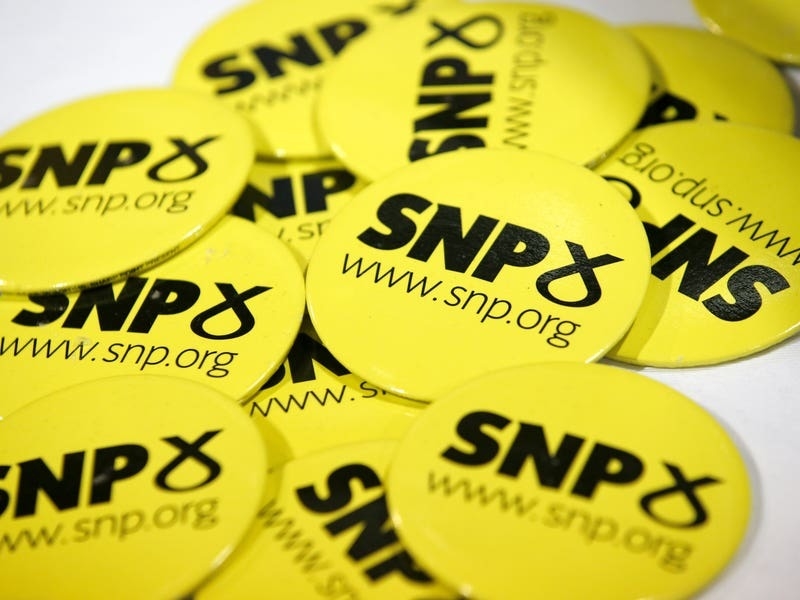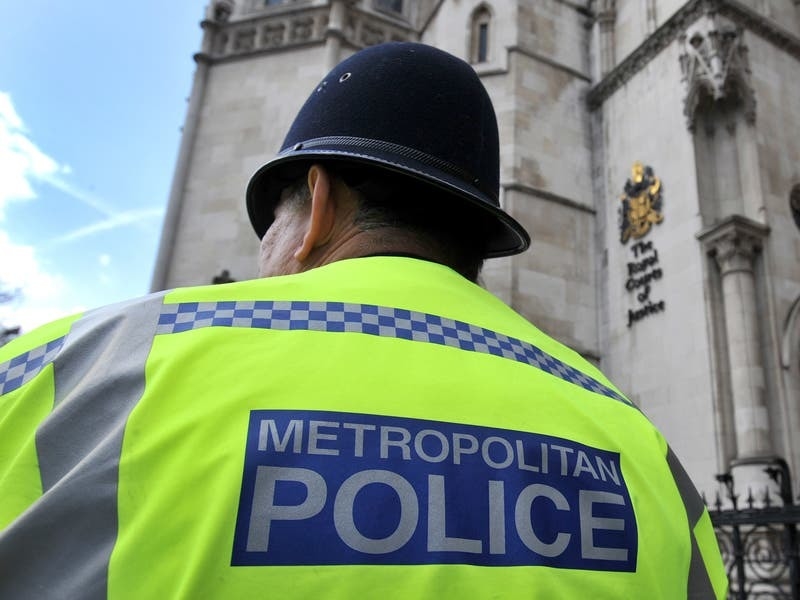Jersey Farmers’ Union president Peter Le Maistre said that the agricultural sector had a big part to play in helping Jersey achieve carbon neutrality by 2030 – a goal that was set when the States declared a climate change emergency earlier this year.
Becoming carbon neutral would mean the Island would remove as much carbon dioxide – the greenhouse gas believed to be responsible for global warming – from the atmosphere as it puts into it.
Mr Le Maistre said that the union planned to focus on looking at how the industry could play its part in helping achieving carbon neutrality in the coming months, but that there was ‘not nearly enough information’ about how to achieve it.
But he added that there is a lack of detail on how
the Island’s agricultural practices affected the environment, such as the carbon footprint of the Jersey cow, which he believes could be more eco-friendly than other breeds.
‘The next thing for us, hopefully next month, will be looking at what to do about carbon emissions and where we go from there,’ he said.
‘Obviously our industry will play a big part in the Island becoming carbon neutral. Firstly, if you want to plant trees to capture carbon dioxide, you need people to have the land to do it.
‘Secondly the industry that gets most criticised for its environmental impact is the dairy industry. What we, hopefully, would like to show is that our cow, if
you compare it to other breeds, could be very low in terms of its emissions because it’s a small animal.
‘If you have a great big Texan Holstein cow and compare it to our smaller cow there’s likely to be a big difference. I have asked a few people to find this out, but where do you get figures from?’
Mr Le Maistre said that he would also like to know if the grasslands on which Jersey cows graze act sufficiently as carbon sinks to effectively offset the carbon emissions produced by feeding and rearing the animals.
‘My knowledge on this is pretty limited but I know things like if you have permanent grass – like you do with many dairy herds – then you get carbon sequestration from that,’ he said.
‘But at the moment no one can say to you if you own 30 vergées of permanent grassland and, let’s say, ten cows, whether they might offset each other.
‘My worry is that [Environment Minister] John Young has been given a really tough task by the States in coming up with a plan for carbon neutrality by the end of this year.
‘It’s a hugely complicated matter and we don’t have nearly enough information about it.’






